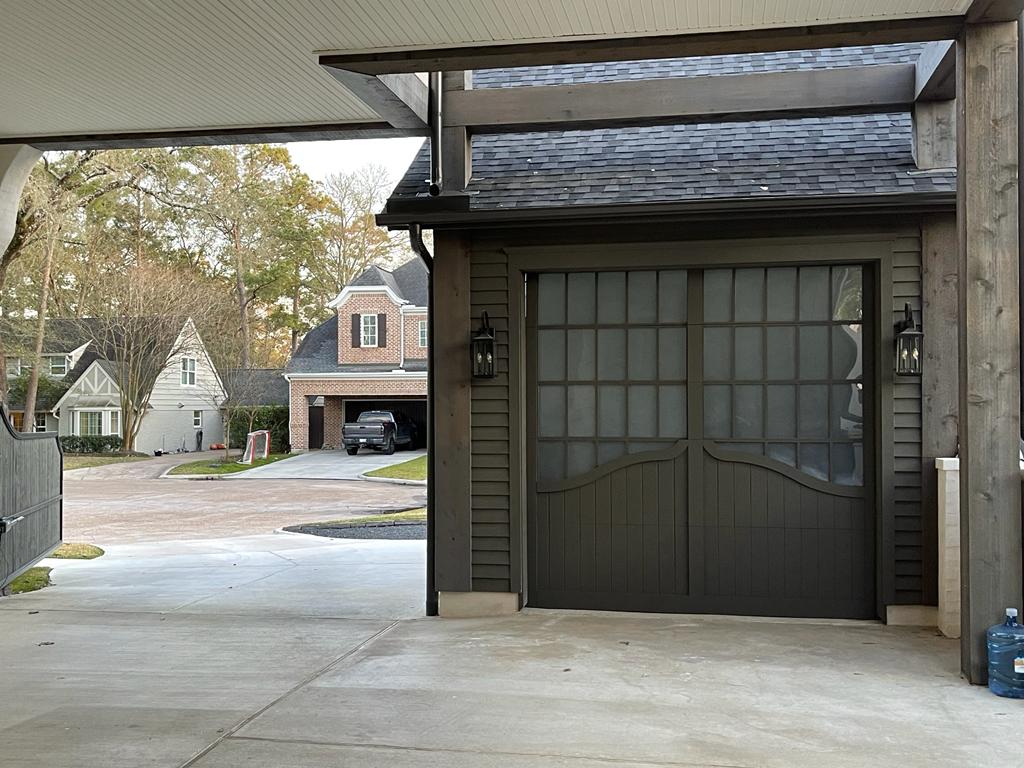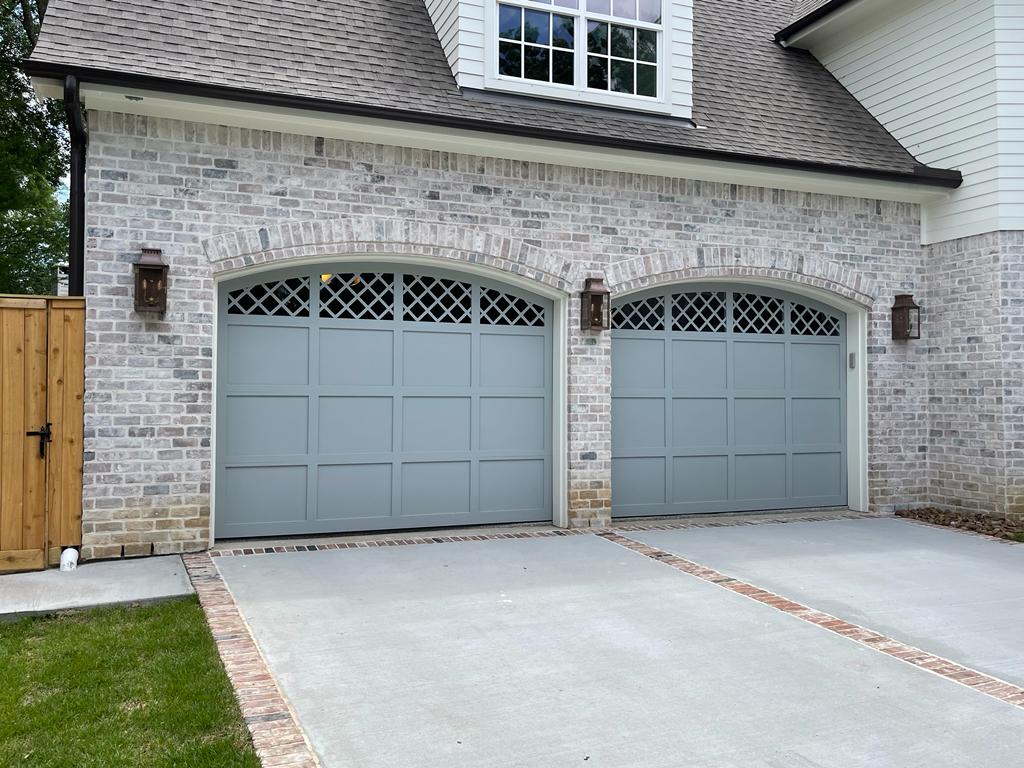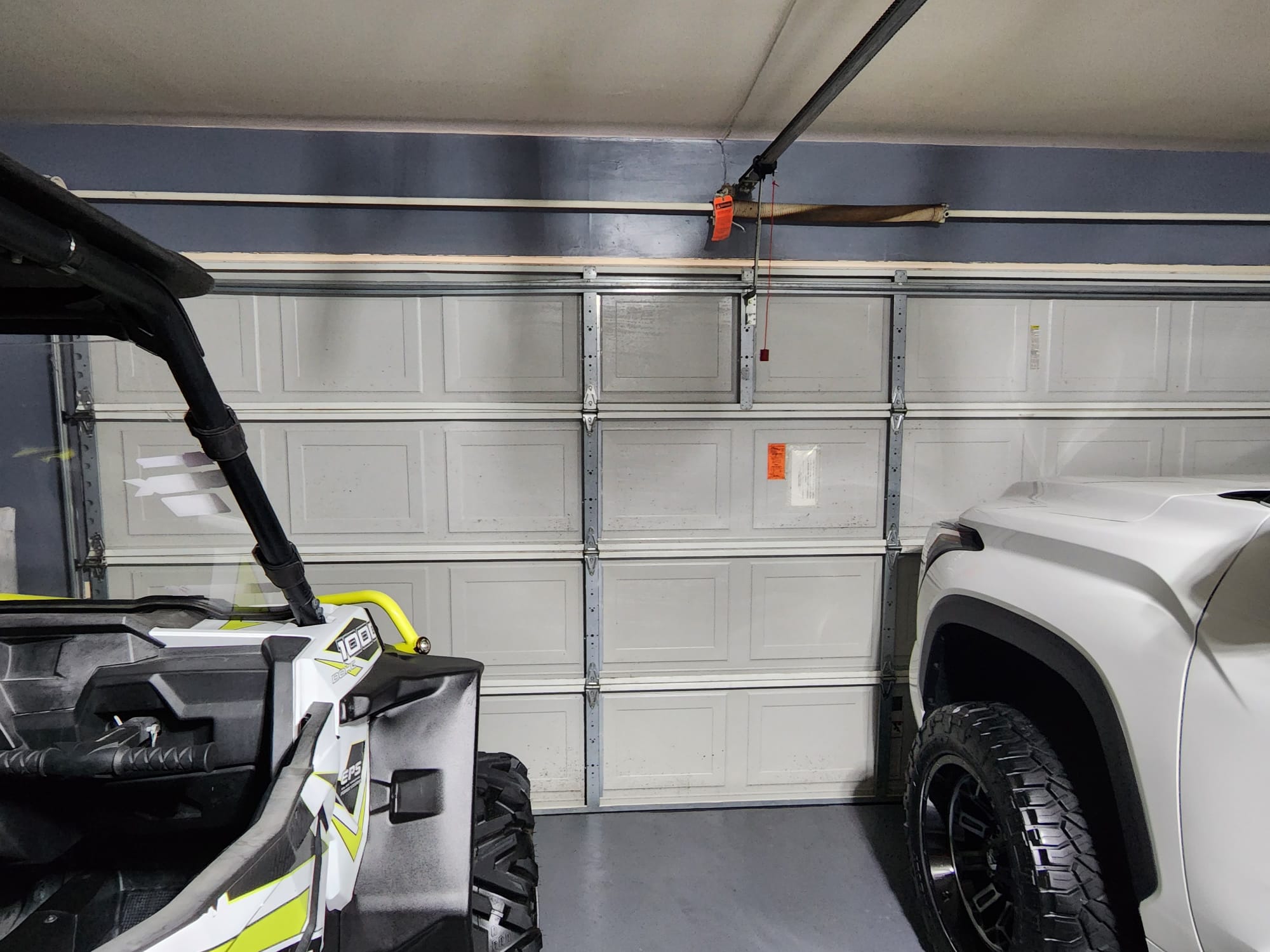Garage Door Rodent Seals in Spring, Texas
Garage Door Rodent Seals Spring, TX
Picture this: You walk into your garage, ready to tackle the day’s chores. Then, you spot it—a gnawed-up electrical wire, a trail of droppings, and shredded insulation. Yep, you’ve got rodents. And guess what? Your garage door might just be their VIP entrance. If this sounds like a scene from a horror movie, you’re in the right place. Today, we’re talking about garage door rodent seals, your unsung heroes in the fight against furry freeloaders.

Why Rodents Love Your Garage (And Why You Should Care)
Your Garage is a Rodent Resort
Sorry to break it to you, but your garage is like a 5-star resort for rodents. It’s warm, dry, and full of nesting materials like cardboard boxes and old clothes. So how do you turn your garage from a Ritz-Carlton for rats into a fortress?
Health and Home Hazards
Rodents aren’t just icky; they’re health hazards. They can carry diseases and also pose a fire risk by gnawing through wires.
Quick Tip: Regularly Check for Signs
Small droppings and nibbled corners are a dead giveaway. Regular checks can prevent a small issue from becoming a big problem.

Garage Door Rodent Seals: The Basics
What is a Rodent Seal, Anyway?
A rodent seal is essentially a physical barrier attached to the bottom and sides of your garage door. Think of it as a bouncer that turns rodents away at the door.

Material Matters: Choose Wisely
Rodent seals come in various materials like rubber, vinyl, and metal. Each has its own perks and quirks.
Quick Fact: Metal is Your Best Bet
Rodents can easily gnaw through rubber and vinyl, but they can’t chew through metal. If you’re serious about rodent exclusion, metal is the way to go.
Installation: DIY or Professional Help?
Sure, you can YouTube your way into installing a rodent seal, but some things are better left to the pros. Incorrectly installed seals can do more harm than good.
How to Choose the Right Garage DOor Rodent Seal
Consider Your Garage Door Type
Whether you’ve got a roll-up, sectional, or tilt-up garage door, each requires a specific type of rodent seal.

One-Size-Fits-All? Think Again!
Be sure to measure your door’s dimensions. Too long and it’s an eyesore; too short and you’ve got a rodent red carpet.
Budget vs. Quality: The Eternal Struggle
We get it; you don’t want to break the bank. But skimping on quality might just cost you more in rodent-related damages in the long run.
Quick Tip: Look for Warranties
A good quality rodent seal will often come with a warranty. It’s a small sign that you’re investing in something reliable.
Maintenance and Aftercare: Keep the Barrier Strong
Regular Checks
At least once a season, inspect your rodent seal for wear and tear. A small tear can become a rodent highway if not addressed promptly.
Clean and Replace
Accumulated grime can degrade the material. Keep it clean and be ready to replace it when the time comes.
Wrapping Up: Your Garage, Your Fortress
Your garage is more than just a parking spot for your car or a storage space for your tools. It’s an extension of your home. With a top-notch rodent seal, you’re not just protecting your garage; you’re protecting your peace of mind. So take the step today and make your home a no-go zone for those unwelcome little invaders. Trust us; it’s worth it. Contact us today!
